To be able to work and interact with people of different ethnic backgrounds it is often important to spend some time getting to know who the people you are interacting with. Where they come from, what are their cultural expectations and how best to communicate with them. It is also important to understand that what one culture deems as expectable behaviour another culture can go to war based on the same behavioural patterns. This is commonly referred to as “Cultural Intelligence” or lack there of.
As China’s economy and global influence grows, it is becoming more important to clearly understand and correctly decipher the various methods of communication and human interaction from a Chinese perspective.

The following article attempts to provide a basic understanding of the Chinese cultural ethos, so that in your next encounter with Chinese business people you will be better equipped to navigate through an important discussion or business interaction with mutual understandings and meanings.
China and the Chinese that inhabit that part of the world are an ancient culture steeped in deep and complex traditions and cultural norms.
Chinese Historical Background
The cultural base of the Chinese ethos is referred to as the “three teaching” that is, Confucianism, Taoism and Buddhism. They constitute the religious and philosophical basis for all teachings and superstitions that have shaped Chinese culture throughout history. There are no clear boundaries between these intertwined religious systems and elements of each shape popular beliefs, folk law and religion. The emperors of China throughout history claimed ownership to the Mandate of Heaven and earth, as well as participating in many Chinese religious practices.
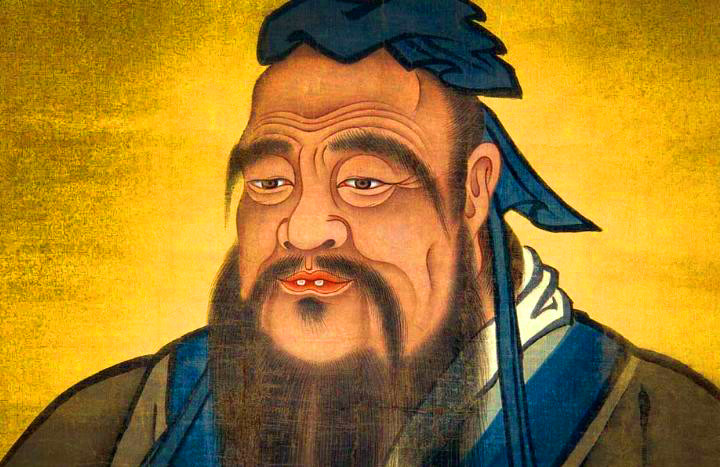
The Chinese communist revolution did much to try and change and blur the deep riveted religious and cultural beliefs by attempting to replace them with the communist manifesto and to a large extent they were extremely effective in killing off and erasing much of China’s rich cultural and religious history.
Hiding Religious Practices
Those who wanted to keep their religious practices were forced to practice in secret. This situation existed until the end of the Cultural Revolution and the death of Mao Zedong in 1976. After this period, Deng Xiaoping’s open door policies went into effect stimulating an economic resurgence. These new policies also lifted many of the Mao-era bans including removing the ban on religions and religious practices.
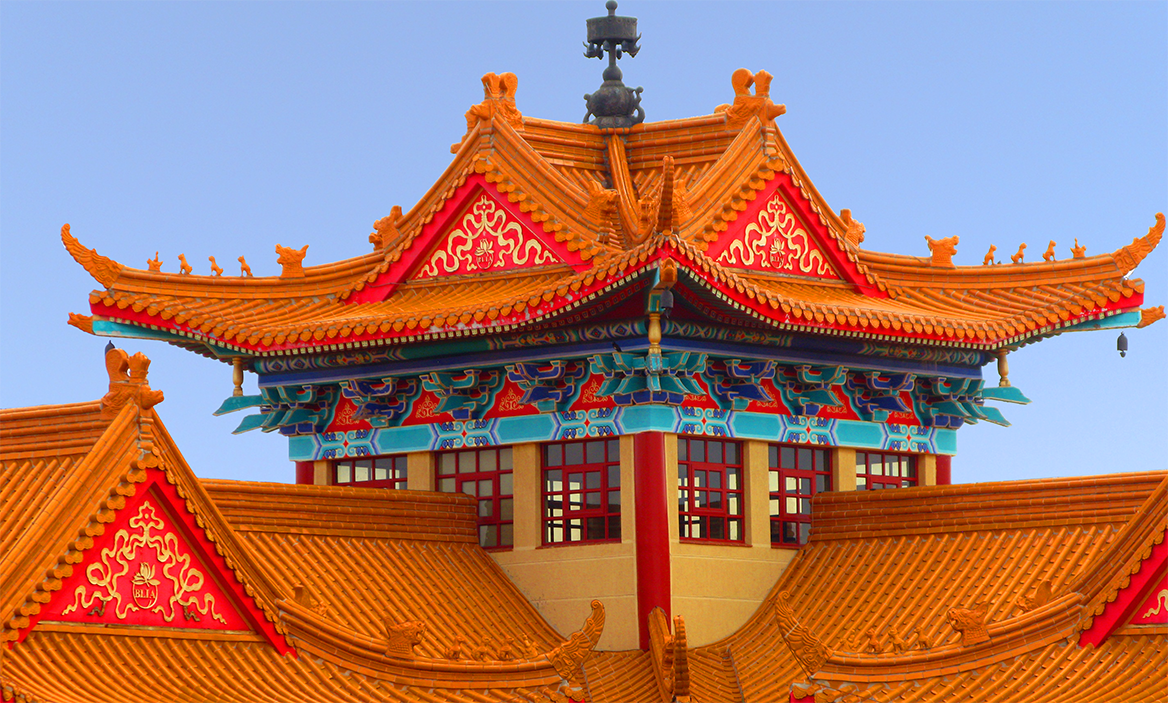
Given all the rich history of China there is no doubt that the three teachings have had a huge impact on Chinese cultural norms and social behaviour until today. I will attempt to make sense of all these unique idea’s, methods and understanding and provide you with a background and basis for understanding them.
I will divide them into simple bite size chunks using common practices such as work ethics, cultural norms, body language, work practices, folk law and superstition.
The Work Week
Just like many parts of the world, the Chinese working week starts on Monday and ends on Friday. The Chinese generally work a 40-hour week, overtime is expected as part of your job and you won’t always be paid for this if you’re working for a Chinese company.
Personal Holidays – The length of holiday entitlement depends on the number of years that you’ve worked at a company. The allowance starts off at five days a year if you’ve worked for 1-10 years climbing to ten or fifteen days, as a reward for 20 years’ service.
Public Holidays – You can also expect to be paid for the additional 11 public holidays. These are controlled by the Chinese government’s 1949 National Annual Leave and Memorial Days and can vary.
Break Time – Many Chinese workers take a break between 12:00 and 2:00 pm, during which almost everything stops from working – from lifts to phone services
Wages – There is no national minimum wage in China, so the rates of pay are set on a regional level and this can differentiate between provinces and districts within each region. Generally speaking, wages have been rising across the board on an annual basis for the past 5 years, but there is still a large gap between rising salaries and the cost of living.
Hong Kong is the second most expensive city in the world for expatriates, and, Shanghai and Beijing rank 7th and 10th respectively, according to Mercer’s 2017 Cost of Living survey.

Work Culture
The work culture in China is very different to that of the western world. China is a results driven society and every worker must come to terms with the fact that Chinese managers will not be as interested in the process as much as they are interested in the results.
If you want to succeed in China and you’re working for a Chinese company, hospital or school, you’ll also have to be aware that if you are working as an expat, your contract law supersedes local labor laws. Non-Chinese citizens working for Chinese companies cannot obtain open-ended contracts.
Meeting Preparations – Chinese business people will expect you to be well prepared for the meeting. Make sure to have at least 20 copies of your proposal ready for handing out.
Note that presentation materials should be only in black and white, avoid colours.
Small Talk – is considered particularly important at the beginning of a meeting. Good topics for discussion in Chinese culture are food, their home town and travel.
Establishing Relationships – They prefer to establish a strong relationship before closing a deal, so you might have to meet up several times to achieve your objectives.
Emotional Behaviour – It is vital for you to maintain composure during meetings. Causing embarrassment or showing too much emotion could have a negative effect for a business negotiation
Decision Making Process – Regarding decision-making, the Chinese tend to extend negotiations far beyond the agreed deadline to gain some advantage. Be prepared for that: accept their delays and do not mention deadlines. Your patience will be much appreciated!
Scheduling Appointments – It is best to schedule an appointment during these periods: April to June and September to October.
Business Meetings and Meals
In the Chinese deal making process, the formal banquet is crucial. This is how businesspeople learn whom they are sealing a contract of deal with, build trust, and relax together. These business meals are usually held in the restaurants’ private rooms, they include exotic Chinese dishes, toasts, and never-ending offers of cigarettes.
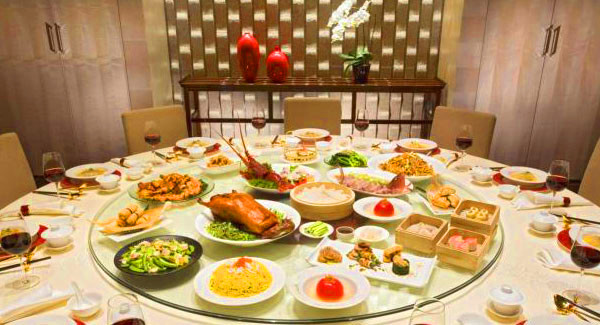
Meeting Room Hierarchy – People in China usually enter the meeting room in hierarchical order. So be aware that they will assume that the first person walking into the room is the head of the delegation.
Dress Code – conservative suits. Bright colours of any kind are considered inadequate. as I personally learned myself when I once made the mistake of wearing a new shirt that I had purchased earlier during the day to a business dinner and had to endure a few uncomfortable stares and even a comment.
Being On Time – Punctuality is vital. Being late is a serious offence in the Chinese business culture.
Concluding a Meeting – When the meeting is finished, you are expected to leave before your Chinese counterparts.
Business Cards – Exchanging business cards is common practice, so make sure to bring plenty and remember to receive a business card with both hands.
Language – It is advisable to have one side in English and the other in either Simplified Chinese or Traditional Chinese – depending on the region.
Professional Titles – Include your professional title, especially if it is important to your case. Also, if your business is the oldest, largest or has some other prestigious distinction, do include that on the card.
Symbolism – Gold is the colour of prestige and prosperity, so if you print your business cards in gold ink, it will have that connotation.
Tradition and Respect – Give your card using two hands and ensure the Chinese side is facing the recipient; receive your card attentively and examine it for a few moments.
Do not bring presents! The official policy in Chinese business etiquette forbids gifts. The gesture is considered bribery, which is illegal in China.
Personal Greetings
Handshakes are common but wait for your Chinese counterpart to initiate the gesture. Regarding titles of courtesy, most people should be addressed with a title followed by their last name. Be wise not to use the word “comrade” unless you are a committed communist of course.
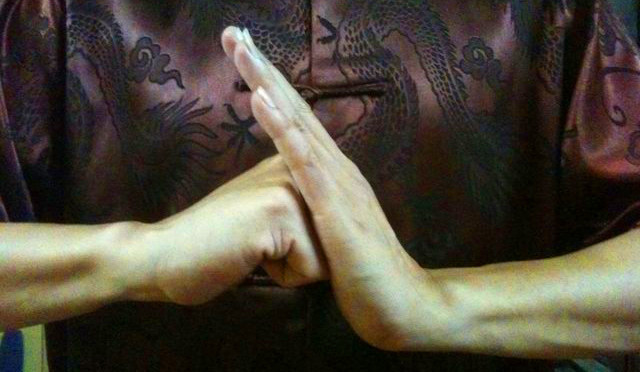
The Art of Conversation
Chinese people will appreciate it if you use a couple of words in Chinese, but make sure you are aware of the meaning and the appropriate occasions.
In Chinese culture, the questions “Have you eaten?” or “Where have you been?” are pleasantries equivalent to the traditional “How are you?” in the English-speaking culture. Therefore, do not take it literally and start getting into details in your answer! Simply answer “yes” if you have eaten – even if you haven’t – or simply smile and say “thank you!”.
Popular welcome topics are themes about China: art, scenery, landmarks, climate, and geography. You can mention your travelling experiences to other countries and include your positive impressions as a tourist in China!
Try to avoid political-related discussions, such as the Cultural Revolution or Chairman Mao, the “Tibet” and “Taiwan” questions, human rights, animal treatment.
Chinese people are very careful about strong negative statements. For instance, negative answers are considered impolite, so find alternatives (“I’ll think about it”/”maybe”/”we’ll see”) instead of a blunt “no”. Similarly, if your Chinese counterparts say “Not a big issue” or “The problem is not serious“, they usually mean that there still are problems or that the problems are serious.
Body Language
Body language and movements are things you have to be constantly conscious of when doing business in China. As mentioned above, you have to stay calm, collected and controlled.
Body posture should always be formal and attentive, as it demonstrates self-control and respectfulness. Be careful about what you do with your hands as well – putting your hands in your mouth, biting your nails, removing food from your teeth and similar practices are considered rude.
Lucky Numbers
The Chinese have many superstitions about numbers, often related to similar-sounding words in the Chinese language, which are called homophones.
Many buildings in China not only omit any floor number containing the number 4, which is considered to be the unluckiest number in Chinese culture. In fact, the Chinese are so superstitious about numbers, that they will often spend big money for “lucky numbers” in their life. A man in Hangzhou sold his license plate A8888, for $140,000 online.
Always pay attention to numbers and their significance or avoid the unlucky ones as appropriate:

4 is a taboo number because it sounds like the word “death” and is considered unlucky.
6 is considered a blessing for smoothness and progress.
7 is an extremely popular number because it sounds like wife
8 is the luckiest number in Chinese culture. If you receive eight of something, consider it a gesture of good will. The word for eight sounds similar to the word which means prosper or wealth.
13 means assured growth or definitely vibrant. That’s why this number is considered very lucky in Chinese, unlike its perception in the western world.
73 means “the funeral”
84 means “having accidents”
The Tectonic Economic Plates are Shifting
At the current pace and trajectory of China’s technology industry, it will be equal in size to the U.S tech industry in about 10 -15 years. This rapid growth will boost China’s productivity and create tech jobs. The real effect of this growth in addition to making profits will be beyond China’s borders. This influence will be the effect that China will have on setting global technology standards. The involvement of the Chinese government in setting these standards as well as allegations of foul play have made some serious national-security problems for the United States, Germany and Australia for now.
The U.S tech market and China are currently separating their markets and this pattern will continue and expand in the near future. This will have the effect of creating a fiercely fought over and shrinking market opportunities as more and more countries begin to closely monitor and limit the influence of Chinese tech in their domestic markets. This is how the telecoms-equipment industry works, with Huawei dominating many market spaces around the world except in the Unites States where their products are illegal.
China’s Economic Forecast
China’s economy continues to grow rapidly, the Chinese GDP grew by 1.4 percent for 2018. The previous four decades of governmental reforms have transformed China from one of the poorest countries in the world to the second largest economy, according to the IMF in their latest report. China now accounts for one-third of global growth, with over 800 million people have risen above the poverty line and moving towards middle-income status.
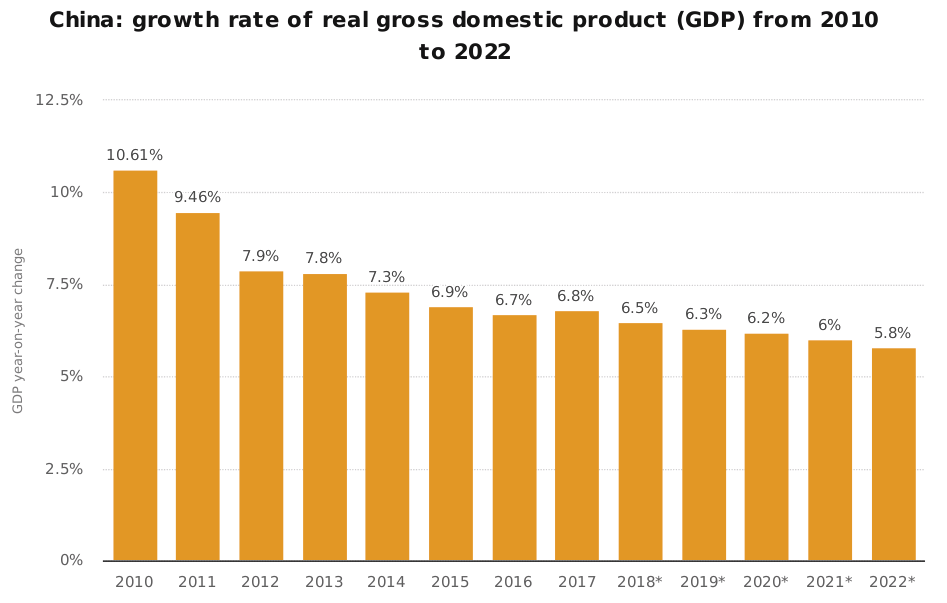
After decades of high speed growth, the Chinese government is now focusing on quality of the growth. Even if the Chinese economy slows down, China is well on its way to becoming the world’s largest economy by 2030.
China has around 700 million internet users and 282 million internet users that are less than 25 years old and eager to adopt new technology. China is a global leader in industries such as e-commerce and fin-tech. Digitalisation will continue to reshape the Chinese economy by improving efficiency, softening and slowing growth as the economy matures.
To Conclude
I hope that the information that I have provided is useful and helps you better understand and deal with your interactions with Chinese people. I have tried to keep things as brief as possible. I hope that you can use the points that I have raised here as a starting point for further investigation. The world is changing and together with the changes taking place so are the powers that be, one of which is the rise of China and its effect on world affairs.
Our ability to understand and adapt our cultural intelligence and communication skills according to the different types of peoples in the world is essential to our ability to accurately communicate with them.
As China is a growing economic force in the world, it is becoming more and more important to truly understand the Chinese mentality. We must understand where the Chinese and their culture comes from and what they mean when they interact with us so that we can achieve mutually satisfying and optimum results. China’s influence in the international community is quickly growing, therefore an accurate interpretation of Chinese culture and our ability to effectively communicate with the Chinese will become essential to our success.
Related Articles
Read the following articles to gain further knowledge and understandings about the Chinese market, usability trends and different interesting cultural and technological information:
Pixel Accurate UX Designs
When designing a new product UI, I alway try to employ the K.I.S.S method, of "keep it simple stupid", it hasn't failed me yet. If on the other hand you have no choice but to create a new custom control then provide the developer with a "pixel accurate" screenshot...
How to Prioritize your Product Backlog
A product backlog is the definitive list of all the new epics, features (changes to existing features), user stories, bug fixes, infrastructure changes and maintenance items of your software product. It is also the place to add any other additional tasks that a...
UX Prototyping – The Only Way to Fly
Creating a software solution is a labor intensive human endeavour. It requires input from many different disciplines and stakeholders for it to reach fruition. So, before you start to crunch code maybe you should give some thought to first building a full interactive...

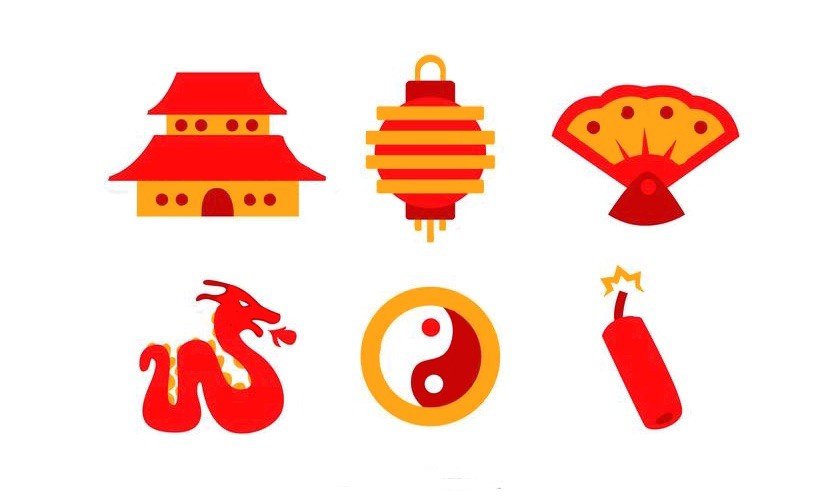



Recent Comments